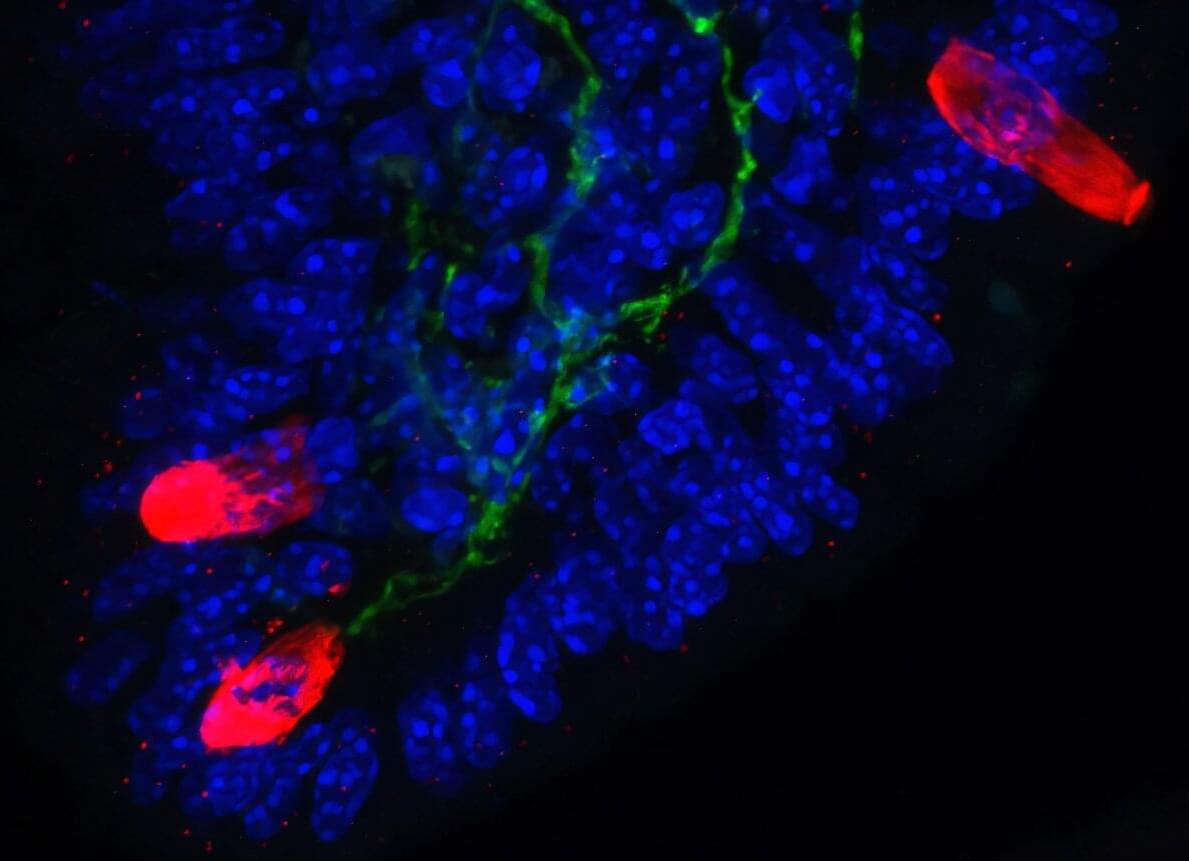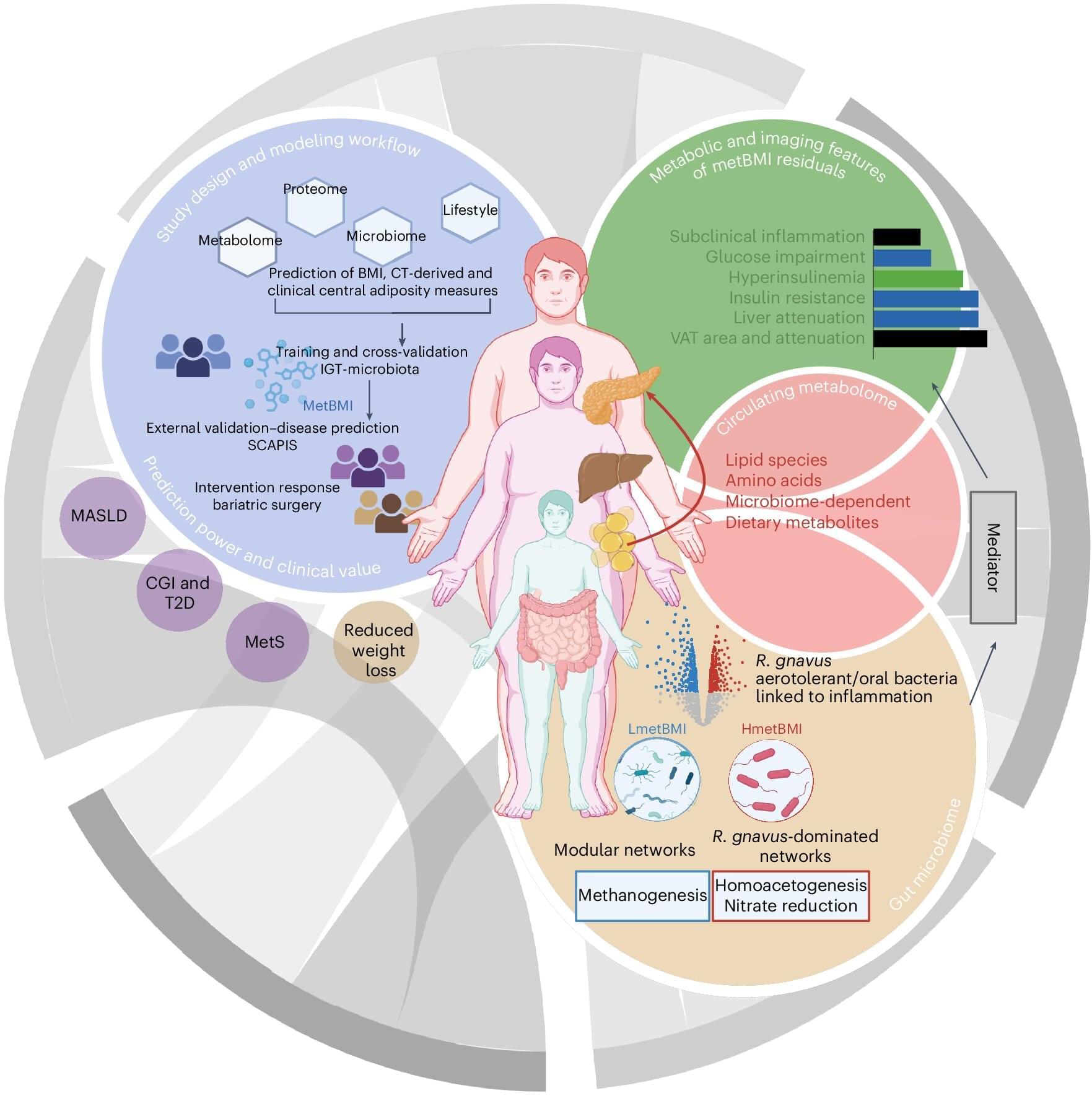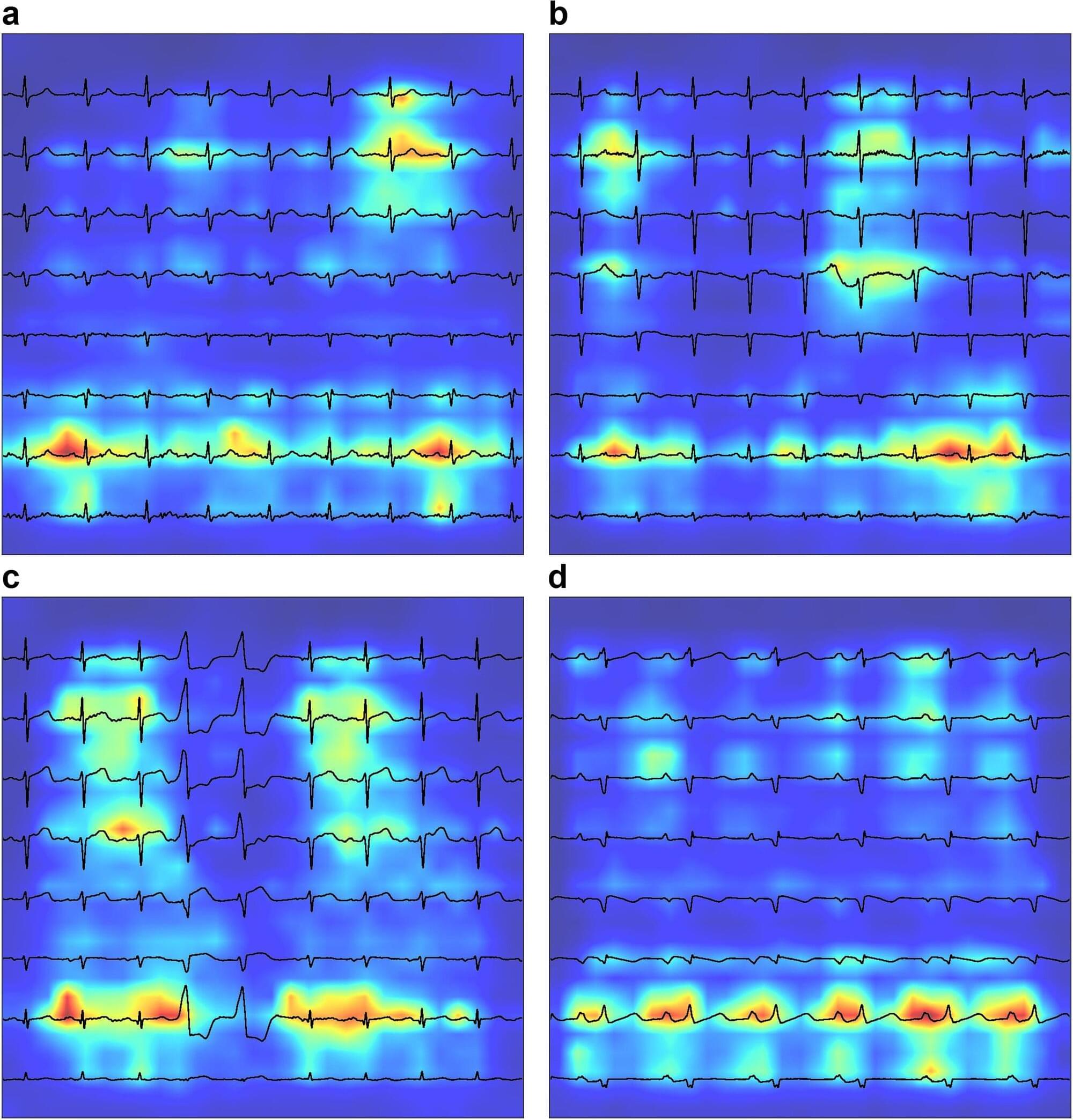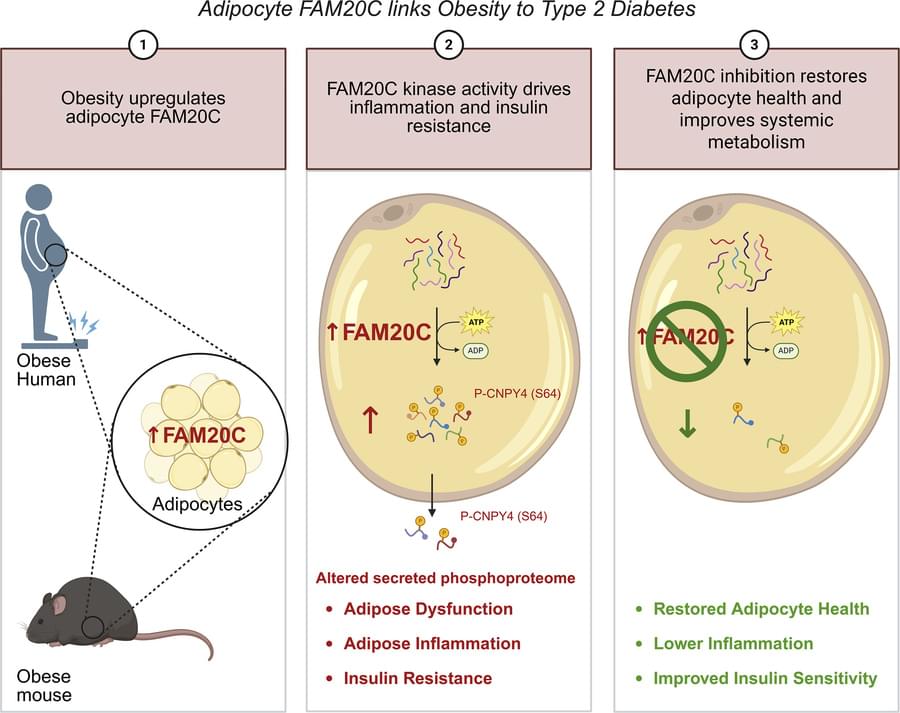Oral PCSK9 Therapy And The Future Of Heart Disease — Dr. Christie Ballantyne MD, Director, Center for Cardiometabolic Disease Prevention, Baylor College of Medicine & Dr. Alexander Tal, MD.
Dr. Christie M. Ballantyne, MD is a Cardiologist and is one of the nation’s foremost experts on lipids, atherosclerosis and heart disease prevention. He holds many leadership positions at Baylor College of Medicine (https://www.bcm.edu/people-search/chr… including director of the Center for Cardiometabolic Disease Prevention, co-director of the Lipid Metabolism and Atherosclerosis Clinic, and chief of the Section of Cardiology.
With over 1,000 publications in the area of atherosclerosis, lipids, and inflammation, Dr. Ballantyne’s research on heart disease prevention has led him to become an established investigator for the American Heart Association and the recipient of continuous funding from the National Institutes of Health with a core focus on in basic research of leukocyte–endothelial interactions, translational research in biomarkers, and clinical trials.
Dr. Ballantyne’s many accomplishments have included being elected as Fellow of the American Association for the Advancement of Science, the American Society of Clinical Investigation, and the Association of American Physicians. In 2012, he received the American College of Cardiology Distinguished Scientist Award (Basic Domain).
In 2014 and 2015, Thomson Reuters recognized Dr. Ballantyne as one of “The World’s Most Influential Scientific Minds.” Clarivate Analytics, Web of Science, named Dr. Ballantyne as a “Highly Cited Researcher” 2017–2022 in the top 1% of researchers most cited.








